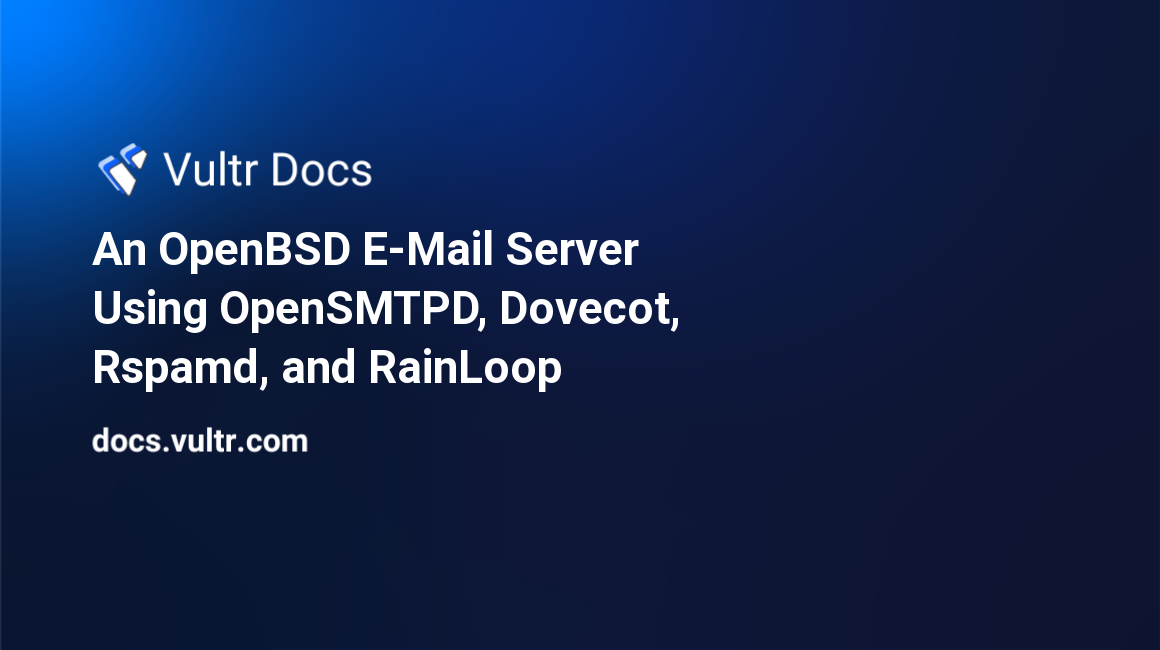Now if it supported org files too…
rhabarba
Runterwählen ist kein Gegenargument.
[Verifying my cryptographic key: openpgp4fpr:941D456ED3A38A3B1DBEAB2BC8A2CCD4F1AE5C21]
- 2 Posts
- 12 Comments
There is no difference other than a shiny logo and a “contract” that promises you that the random stranger will take care. I promise that I will take care too.
If you still think there is a relevant difference, please tell me. To me, it looks like you don’t fully understand what a password manager stored on other people’s computers does.
A cloud password manager is a database with your passwords hosted on a stranger’s computer. Why wouldn’t I be just as trustworthy as any other stranger on the internet?
My questions are to those of you who self-host, firstly: why?
Would you give me your password database? I promise to encrypt it!

 16·2 months ago
16·2 months agoIf your goal is to ever talk to people about open source software, that’s going to create a lot of unnecessary confusion.
I guess that my definition of open source is not that uncommon, given that the terms “free software” and “libre software” exist and are rather well-established by this point.

 17·2 months ago
17·2 months agoPeople often use the OSI’s Open Source Definition when using the term “open source”.
Which is one of the possible definitions. Mine is “you can see the code”. Everything else falls into “free software”.

 1·2 months ago
1·2 months agoI think the new one remains closed. Sadly, not locked away.

 310·2 months ago
310·2 months agoWhat is “actually open source”, if “here’s the source code” is not?

 1·2 months ago
1·2 months agoA viable alternative is Guix, which uses Scheme for its scripts and could also use the Hurd kernel instead of Linux, but works the same.

 4·3 months ago
4·3 months agoOpenSMTPD is the default OpenBSD “sendmail”
Not quite. OpenSMTPD is OpenBSD’s default
smtpdthough (and it is portable!).Rspamd - basic spam filter
It can be configured to be rather complicated if you wish. :-)



+1 for NewsBlur. Its filtering is just plain awesome.